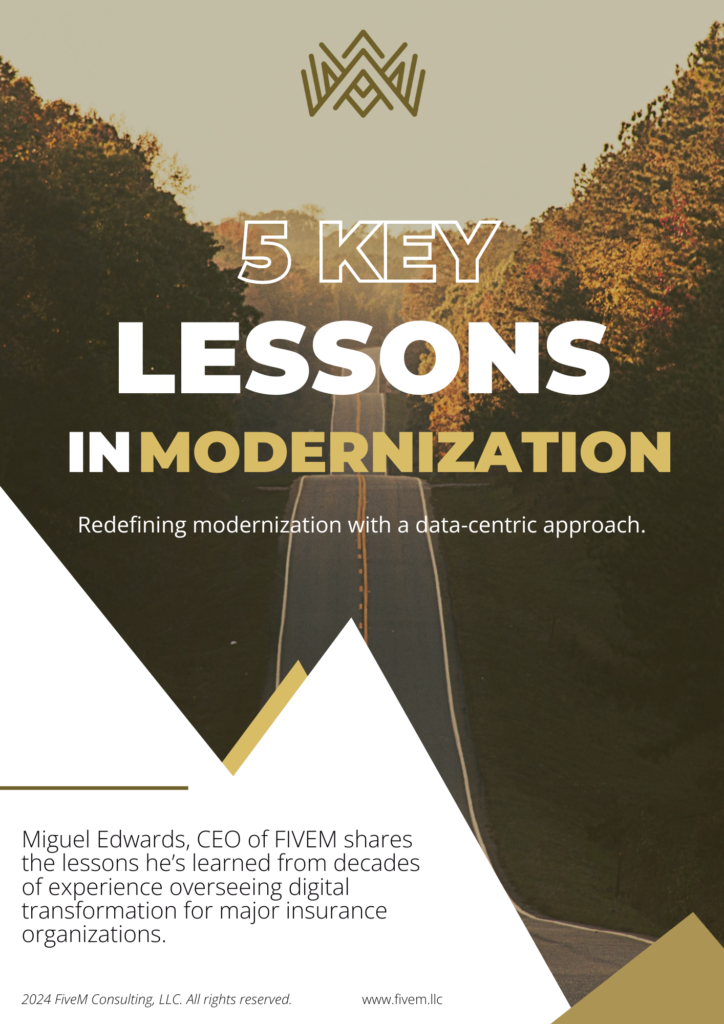If you’re an insurance company already leveraging Salesforce or considering doing so, there’s no doubt you’re aware of the game-changing capabilities the platform offers, especially in the financial services arena. Salesforce, a global trailblazer in CRM, has increasingly cemented its reputation in the insurance industry. But are you truly maximizing its potential?
Salesforce’s Rise in Insurance
Over the years, Salesforce has been on an impressive journey, strategically positioning itself as an indispensable tool for insurance companies. Their sizable investments in the financial sector, highlighted by the Financial Services Cloud (FSC) and the acquisition of Vlocity (now Salesforce Industries or SFI), have painted an incredibly attractive picture. These advances, coupled with their renowned prowess in CRM, have made Salesforce’s value proposition almost irresistible.
The Potential Pitfall
However, as with any technology investment, success hinges not just on adoption but on strategic implementation. A prevalent issue observed is insurance firms primarily harnessing Salesforce for specific, narrow use cases instead of broad business capability strategies. Such tunnel-visioned approaches can inflate costs, particularly given Salesforce’s licensing model, leading many executives to question the return on investment at subscription renewal time.
Addressing the Elephant in the Room
While many critique Salesforce’s pricing model as antiquated (sorry, Mark…it is), this doesn’t negate the platform’s merits. Personally, I deem Salesforce to be the most flexible, robust, and rapid low-code development platform in the market today. It truly offers the swiftest route to holistically digitize the insurance life-cycle, especially when enhancing customer and agent experiences is the endgame.
Cost vs. Value
On the surface, Salesforce might seem a hefty investment. But its true value emerges when companies exploit the extensive built-in capabilities tailored for myriad use cases. One alarming oversight we consistently spot among clients is the glaring redundancy between Salesforce’s functions and other applications they employ. Why pay for and maintain multiple tools when one can do the job?
Our analyses consistently highlight an interesting fact: By merely boosting the use of their existing Salesforce licenses by 20% (with no added licensing fees), companies could potentially slash their overall software licensing expenses by up to 10%.
Embracing Salesforce Holistically
If you’ve chosen the Salesforce path (and kudos if you have), you owe it to your organization to go all in. Craft a comprehensive roadmap aligning Salesforce’s capabilities with your overarching business strategy. Make it your mission to leverage Salesforce as broadly as possible. This commitment not only optimizes costs but also ensures that the licensing fee aligns more closely with the immense value Salesforce provides.
In summary, while Salesforce undoubtedly offers a compelling proposition for insurance companies, true success lies in harnessing its capabilities to the fullest. The aim should always be strategic and holistic integration, ensuring the platform becomes a central, invaluable tool in the company’s arsenal. By doing so, insurance firms can truly realize the unmatched potential of Salesforce.





